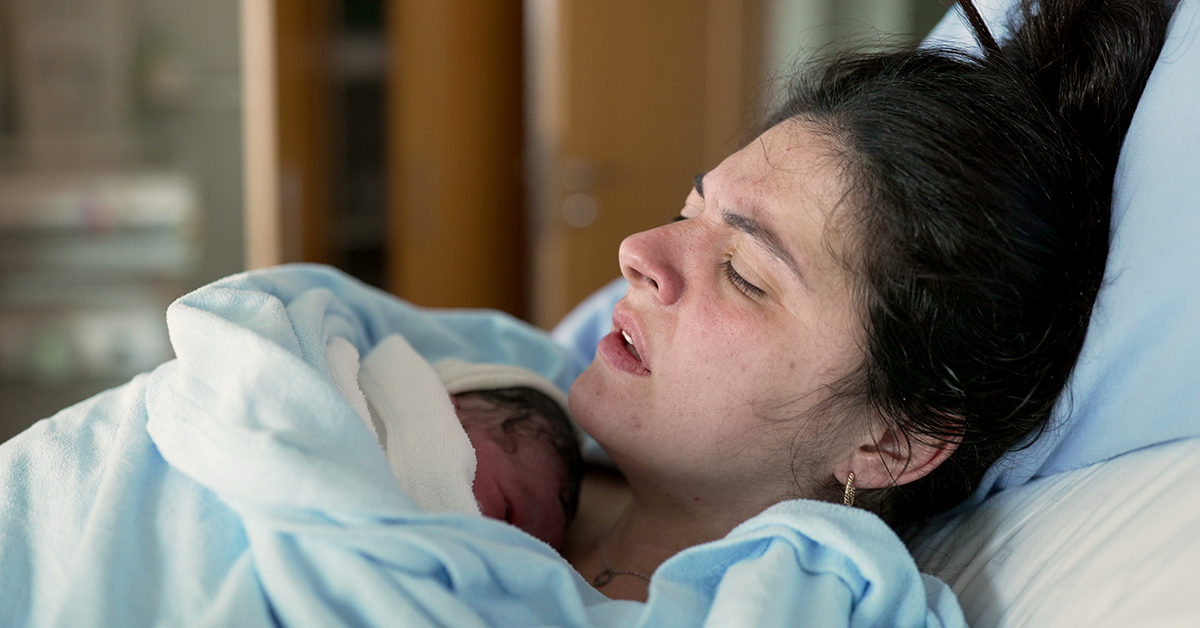Artificial intelligence, or AI, is no longer a fantasy reserved for science-fiction movies. In recent years, AI’s role in our lives has become increasingly prominent.
This has resulted in some discussion within legal circles. With AI handling tasks ranging from diagnosing medical conditions to operating autonomous vehicles, it’s entirely possible that AI’s errors may result in harm to individuals in various circumstances.
Does a victim have legal recourse in these circumstances? In many instances and scenarios, when someone is injured due to the actions or negligence of another party, they may file a claim or lawsuit seeking financial compensation for such losses as their medical bills, lost wages, and various other economic and non-economic losses linked to their injuries.
This begs the question: Can someone also file an insurance claim or lawsuit when an AI injures them?
AI Has Already Caused Harm
This article isn’t meant to suggest that AI is inherently a negative force in society. Although there are risks associated with AI, there is also reason to believe the technology has the potential to deliver significant benefits to all of us.
For example, AI programs have already demonstrated the ability to efficiently diagnose illnesses with the same degree of accuracy as (and, in some cases, greater accuracy than) trained physicians. Such an example highlights just one way AI could prove advantageous.
However, unfortunately, there have already been instances in which AI has allowed people to be hurt. For example, in 2018, an AI operating an Uber self-driving vehicle failed to recognize a pedestrian in the vehicle’s path. The vehicle did not stop in time, colliding with the pedestrian and resulting in their tragic death.
It’s clear that AI is fallible. What may remain unclear for some is how victims and the surviving loved ones of AI’s errors can respond when said errors result in injury or death.
The most important point to understand about this topic before exploring it in greater detail is the fact that laws regarding liability and AI are still evolving.
When AI Causes Harm: What You Need to Know About Personal Injury Cases Involving ‘Robots’
The most important point to understand about this topic before exploring it in greater detail is the fact that laws regarding liability and AI are still evolving. Thus, whether someone has justification to file a personal injury claim or lawsuit after being injured because of an AI can vary on a case-by-case basis. If you have any reason to suspect you might have a valid case, it’s best to schedule a consultation with a personal injury attorney. They can review the specific details of your case and provide more information about your potential legal options.
An attorney may do more than simply determine whether you appear to have a valid case against a liable party. If you hire a lawyer, they could assist you in determining who the liable party is.
Cases involving AI “negligence” causing injury may be fairly complex when compared to other types of personal injury cases. This is because AI systems and the various types of devices and vehicles they are used in may contain products from a range of different parties. To determine who is responsible for compensating a victim, it may be necessary to determine what component of an AI system failed in such a way as to cause an otherwise avoidable accident.
Be aware that multiple parties may be found negligent in these circumstances. If you’ve been injured due to an AI error, identifying all the liable parties would likely require conducting a thorough investigation into your accident.
It’s also worth noting that a combination of AI failure and human error can result in harm to a victim. For example, the operator of a self-driving vehicle may still technically have the ability to take control of said vehicle if the AI makes a mistake or appears to be on the verge of doing so. If a human operator fails to take control away from a malfunctioning AI because they weren’t paying attention to the vehicle’s operation, it could be argued that their negligence played a role in an accident.
Once more, this technology is still very novel. Whenever a disruptive technology becomes widespread in a fairly quick span of time, the law must evolve accordingly. This is still happening in regard to personal injury cases and AI.
Remember, in the meantime, you can still discuss your case with a lawyer if you believe you or a loved one have been harmed because of AI failure. At Swartz & Swartz, our Boston personal injury lawyers will gladly advise you on how to proceed. Learn more about how we can help by contacting us online today or calling us at (617) 742-1900.
Need Help?
If you or someone you know, needs help from a lawyer, contact the law offices of Swartz & Swartz, use our live chat, or send us a message using the form below and we’ll get in touch to assess your case and how we can help.
Keep Reading
Want more? Here are some other blog posts you might be interested in.




